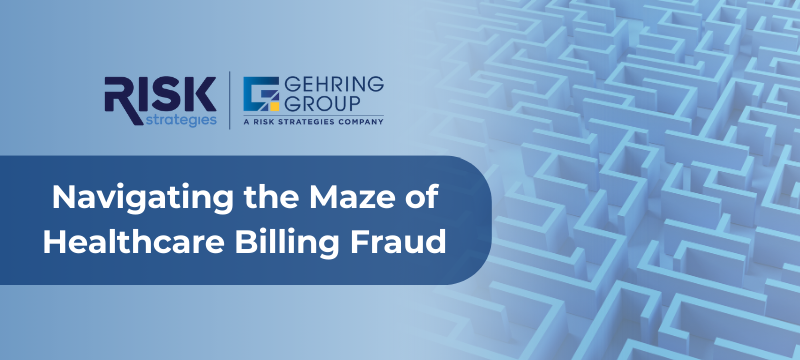
Healthcare billing fraud is a pervasive issue that continues to plague the medical industry, leading to significant financial losses and undermining trust in healthcare systems. The intricacies of billing, coupled with the complexity of healthcare services, create an environment ripe for fraudulent activities. This article delves into the nature of healthcare billing fraud, recent notable cases, including one involving Florida-based Baptist Health, and the broader implications for the healthcare sector.
What is Healthcare Billing Fraud?
Healthcare billing fraud involves intentionally submitting false or misleading information on healthcare claims to receive unwarranted payments. Common types of billing fraud include:
- Upcoding: Charging for more expensive services than those provided.
- Phantom Billing: Charging for services never rendered.
- Unbundling: Separating services that should be billed together to increase charges.
- Duplicate Billing: Submitting multiple claims for the same service.
Implications of Healthcare Billing Fraud
The ramifications of healthcare billing fraud are far-reaching, affecting various stakeholders in the healthcare ecosystem:
1. Financial Impact: Fraudulent billing results in substantial financial losses for government programs like Medicare and Medicaid, as well as private insurers. These losses ultimately translate into higher costs for taxpayers and patients.
2. Quality of Care: When financial incentives drive clinical decisions, patient care can suffer. Unnecessary treatments and procedures not only inflate costs but can also pose health risks to patients.
3. Trust in Healthcare Systems: Fraudulent activities erode public trust in healthcare providers and institutions. Restoring confidence requires rigorous enforcement of regulations and transparent operations.
4. Regulatory Burden: To combat fraud, healthcare providers face increasing regulatory scrutiny and compliance requirements. While necessary, these measures can be costly and administratively burdensome.
Combating Healthcare Billing Fraud
Efforts to combat healthcare billing fraud involve multiple strategies:
- Enhanced Auditing and Monitoring: Regular audits and the use of advanced analytics to detect unusual billing patterns can help identify fraudulent activities early.
- Whistleblower Protections: Encouraging and protecting whistleblowers is crucial for uncovering fraud that internal audits may miss.
- Stringent Penalties: Imposing significant financial penalties and sanctions on fraudulent entities deters potential fraudsters.
- Education and Training: Educating healthcare providers and staff on compliant billing practices and the legal consequences of fraud is essential for prevention.
By understanding the nature of billing fraud and implementing comprehensive preventive measures, the healthcare industry can better protect its resources and ensure that patient care remains the primary focus. As we move forward, it is crucial for all stakeholders—healthcare providers, regulators, and patients—to work collaboratively in addressing and mitigating the risks of billing fraud, fostering a more trustworthy and efficient healthcare system for all.
Check out our other blog articles HERE.